
Showing all 6 books
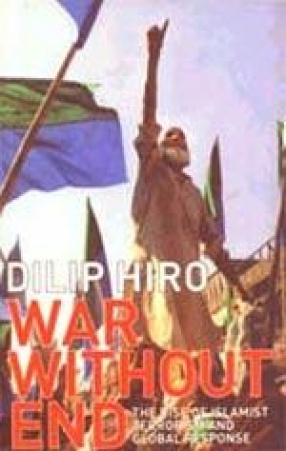
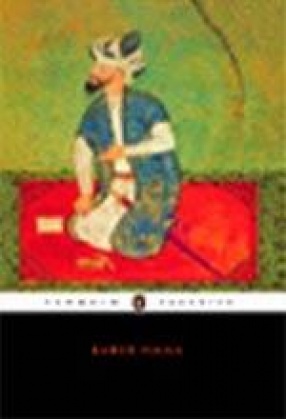

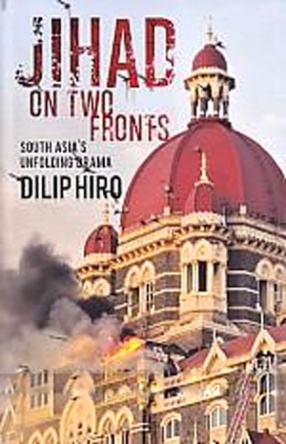
Since the partition of India in 1947, the history of the Indian subcontinent has been hostage to endless conflicts between India, Pakistan and Afghanistan. Over the last decade and more, the region has borne the brunt of terrorist violence perpetrated by fundamentalist Islamic groups which originated and thrived in Afghanistan as a counterforce to the large presence of Soviet troops in the 1980s. Jihadists from Pakistan, assisted by the newly formed Al Qaida, ...
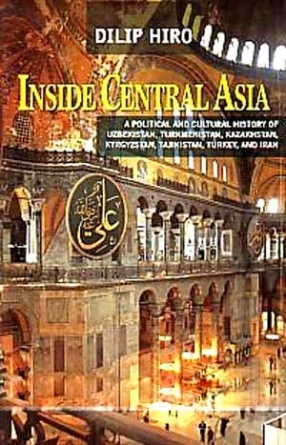
A Political and Cultural History of Uzbekistan, Turkmenistan, Kazakhstan, Kyrgyzstan, Tajikistan, Turkey, and Iran. The former Soviet republics of Central Asia comprise a sprawling, politically pivotal and richly cultured area. Yet they remain poorly represented in libraries and mainstream media. They have experienced tremendous socio-political change since their inception. But despite the growth of oil wealth, the arrival of western tourists, and the competition ...

The first war of the twenty-first century. That is how President George W. Bush described that start of a war against terror signaled by the catastrophic terrorist attacks on New York and Washington, D.C., on September 11. In reality, though, this conflict began during the presidency of Bill Clinton in August 1998 when the US responded to the Islamist terrorists’ bombing of American embassies in Nairobi and Dar as Salaam. This book provides the historical and ...

The Babur Nama, a journal kept by Zahir Uddin Muhammad Babur (1483–1530), the founder of the Mughal Empire, is the earliest example of autobiographical writing in world literature, and one of the finest. Against the turbulent backdrop of medieval history, it paints a precise and vivid picture of life in Central Asia and Afghanistan—where Babur ruled in Samarkand and Kabul—and in the Indian subcontinent, where his dazzling military career culminated in the ...
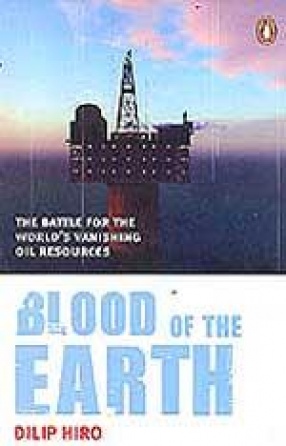
In his new book, veteran Middle East Journalist Dilip Hiro offers a detailed account of how and why the planet’s limited supply of oil has come to revolutionize human behavior, politics and warfare across the globe. As a scientists in Paris finalize their report on the adverse effects of human-caused emissions on climate change, a new book offers a detailed account of how and why the planet’s limited supply of oil has come to revolutionize human behavior, ...
